The Investment Law is an important document that has a great impact on Vietnam's business investment environment, thereby receiving attention from the business community.
Basically, the Investment Law 2020 and subsequent amendments and supplements have overcome the obstacles, inadequacies, and overlapping conflicts between the legal systems on land, construction, bidding, housing, real estate business, environmental resources, etc.
According to VCCI, the later amendments to the Investment Law have also made progress in reforming administrative procedures, facilitating the investment process, by strongly decentralizing the authority to approve investment from the Prime Minister to the Chairman of the Provincial People's Committee, or establishing a special investment process in an open approach, most of the procedures in the investment process will be managed under a post-audit mechanism...
However, through the implementation process and with the requirement of administrative reform, clearing bottlenecks, and promoting the investment and business environment, the Investment Law has gradually revealed its limitations.
Regarding investment policy approval, according to current regulations, the State will approve investment policies for a number of projects (listed in Articles 30, 31, 32 of the Investment Law). This is the basis for selecting investors and taking the next steps to implement the investment project.
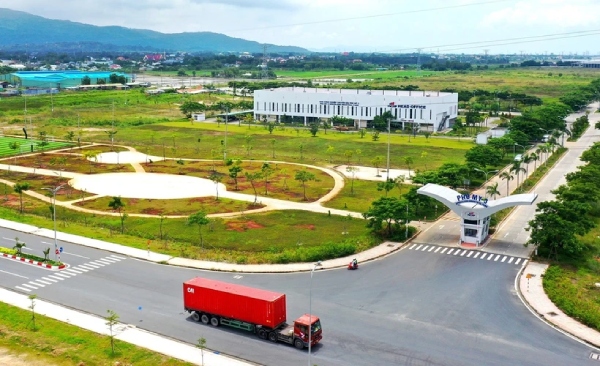
The content of the appraisal of the proposal for approval of the investment policy will be the conformity with the types of planning; programs, goals, housing development plans, preliminary housing structure and land allocation for social housing development (for housing-related projects); the conformity of the project with the requirements of protecting and promoting the value of cultural heritage and the conditions prescribed by the law on cultural heritage; and technology assessment if subject to appraisal.
"Thus, approving the investment policy will assess whether the project is consistent with existing planning, plans, and programs. For other contents assessing technology, environment, and cultural heritage, even after the investment policy is approved, investment projects must still carry out procedures for technology appraisal, environmental impact assessment, and procedures related to cultural heritage according to specialized laws so that the project can be implemented. Such investment policy approval procedures do not replace or are not considered a factor in approving these procedures," VCCI analyzed.
Regarding the socio -economic efficiency of investment projects, VCCI assesses that this is a rather vague criterion and difficult to determine precisely, as this is essentially a market issue. In reality, there are investment projects that are approved in principle but cannot be implemented and are implemented ineffectively. Therefore, approving the investment policy is not a certain assessment of the socio-economic efficiency of the investment project.
"So is it necessary to have an investment policy approval procedure? Investment projects themselves can determine their compliance with various types of planning, programs, and plans - types of information that have been made public and directly apply specialized laws," VCCI raised the issue.
VCCI has received many recommendations and proposals on the proposal to abolish the investment approval procedure from many associations, businesses and experts. Therefore, this agency recommends a comprehensive assessment to review the necessity of the investment approval procedure and strongly reform investment procedure groups to quickly bring capital into the economy.
In addition, VCCI requested the drafting agency to consider and review a number of specific issues related to investment policy approval procedures. Regarding projects that must be approved for investment policy according to Article 31 of the 2020 Investment Law, new investment projects in air passenger transport business, VCCI believes that requiring approval for investment policy is unreasonable because this is a conditional business line, which has been controlled by the law on civil aviation. Furthermore, current State policy encourages investment in this field; these projects do not use land or state resources, and risks have been controlled.
Therefore, VCCI proposed to remove new investment projects in air passenger transport business from the list of projects requiring investment policy approval.
As for housing projects and urban areas of 300 hectares or 50,000 people or more, requiring the Prime Minister's approval is unnecessary in the context of a strong real estate market and rapid urbanization. Current regulations are slowing down progress and increasing investment barriers.
Regarding technology assessment, according to the Investment Law and the Technology Transfer Law, technology assessment is required during the investment policy approval phase if the project is at risk of causing adverse impacts on the environment. However, at the implementation phase, investors must still make new investments, which include technology assessment.
In practice, initial technology assessments are mainly conducted by investors themselves, while environmental aspects are carefully assessed at a later stage. Furthermore, the results of early stage technology assessments are often not inherited when assessing new investments, causing overlap and risks for investors.
Therefore, VCCI recommends reviewing regulations on authority and content of technology assessment at the investment policy stage to shorten and simplify procedures.
Source: https://doanhnghiepvn.vn/kinh-te/chinh-sach/vcci-can-khac-phuc-nhung-han-che-cua-luat-dau-tu/20250603091529582












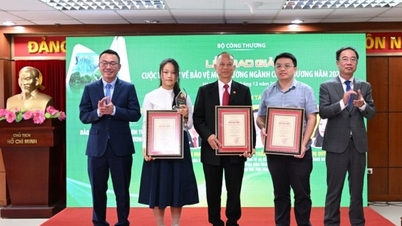


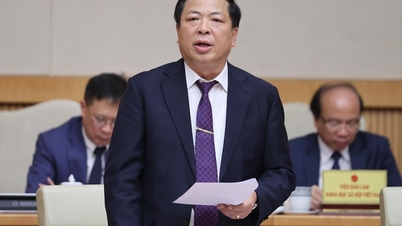
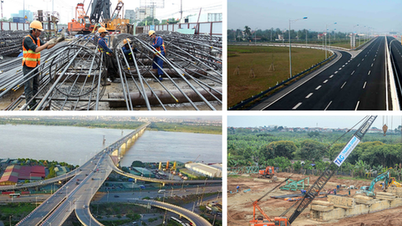






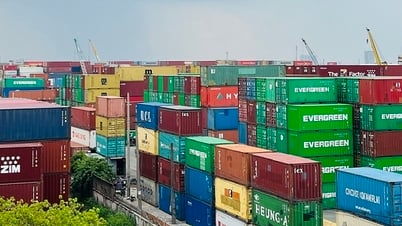
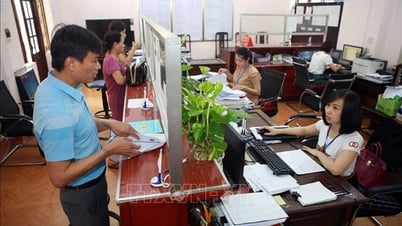
































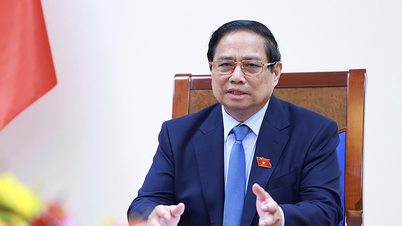
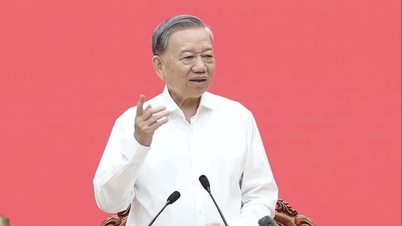






























Comment (0)